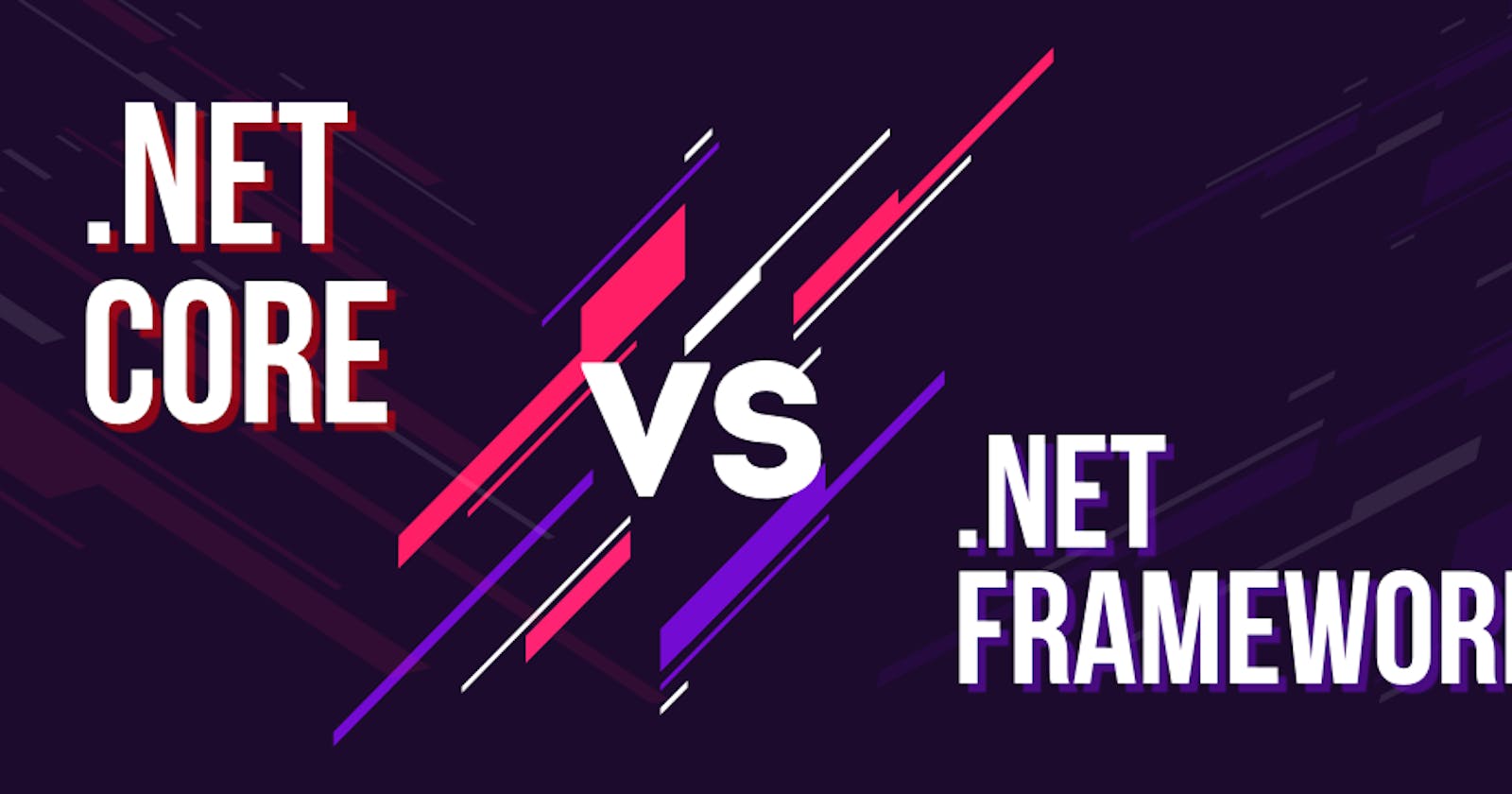This rivalry between .Net vs .Net core framework is nothing new in the web application development industry.
Anyone who is working in this industry can vouch for that pressure, the dilemma they have to make a choice between the old and new.
Believe me, and I know the struggle when it comes to opting from old vs new, where you can't trust the newer version as it doesn't have that old trustworthiness, and the old option is, well, getting old!
The selection from both can be done based on various factors and attributes; However, in this blog, we are mainly doing this comparative analysis based on the .Net vs .Net core framework performance and checking out the factors affecting their performances at the time of building web applications.
If we talk about .Net, it is one of the best server-side open-source platforms. With .Net, you can utilize multiple languages, editors, and libraries to build desktop or IoT-based applications.
Whereas the .Net core is widely adopted as an answer to the limitations of the .Net
.Net Core is a cross-platform application that works with Windows, Linux, or macOS-based operating systems.
The fascinating thing about this framework is that it has a solid open-source community, so one can expect an extending hand if he is stuck at some point, somewhere.
If we carefully observe the ongoing trend between both versions, both walk on the same tracks, but lately, the .Net core has started growing in terms of popularity in the .Net community in recent times.
.Net core vs .Net framework performance
When numerous resources are on the stack, you are always stuck with the problem of which option would benefit your web applications.
Since .Net 3.1 took over with its latest updated features, the performance has significantly increased throughout the years.
If we look at the entire situation here, the overall .Net core has reported excellent performance compared to its .Net. However, there have been minor performance regression errors have been reported in the community with the .Net core 3.1 version compared to .Net 4.8
When the GitHub performance test has been conducted, the test results came something like this,
When the .Net core has been triggered, it is using more than 2x CPU speed time.
In another test.Net 4.8 has found a rendering speed of more than 10-20% than the .Net core application.
The regression performance was noted merely a bit slower than the .Net 4.8 version.
If we dig deeper into the details, observe this benchmark report of the .Net core vs .Net framework performance based on experimental observations.
The compatible test:
.Net Core is quite famous for its compatibility with macOS, Windows, and Linux models, and it can work with anything
On the other hand, .Net web development is quite comfortable with Windows operating system, and to cover such flexes, the architecture has been restructured to create the .Net core more convenient and extensive.
.Net framework is ideal to use for any organization when the deployment requirement is for long-term projects.
Microsoft has already shown they have no interest in forbidding such a robust framework .Net to put things together. However, they do intend to limit the new releases in order to limit their complexity.
For those who have already working on .Net, there is no such kind of urgency to migrate to .Net core.
But yes, if someone is entering into this industry and it is their beginning, they definitely have a prominent choice to make here.
Fortunately, there are a few good options out there with an expert and skilled .Net and .Net core developer team who knows the Developing industry well especially those working in mobile application developing or building progressive web applications.
If you feel like these things are a bit tricky and complex, you can always get the free consultation of a .Net Core Development Company that can optimize your resources while promising the best-of-class output for your project.
